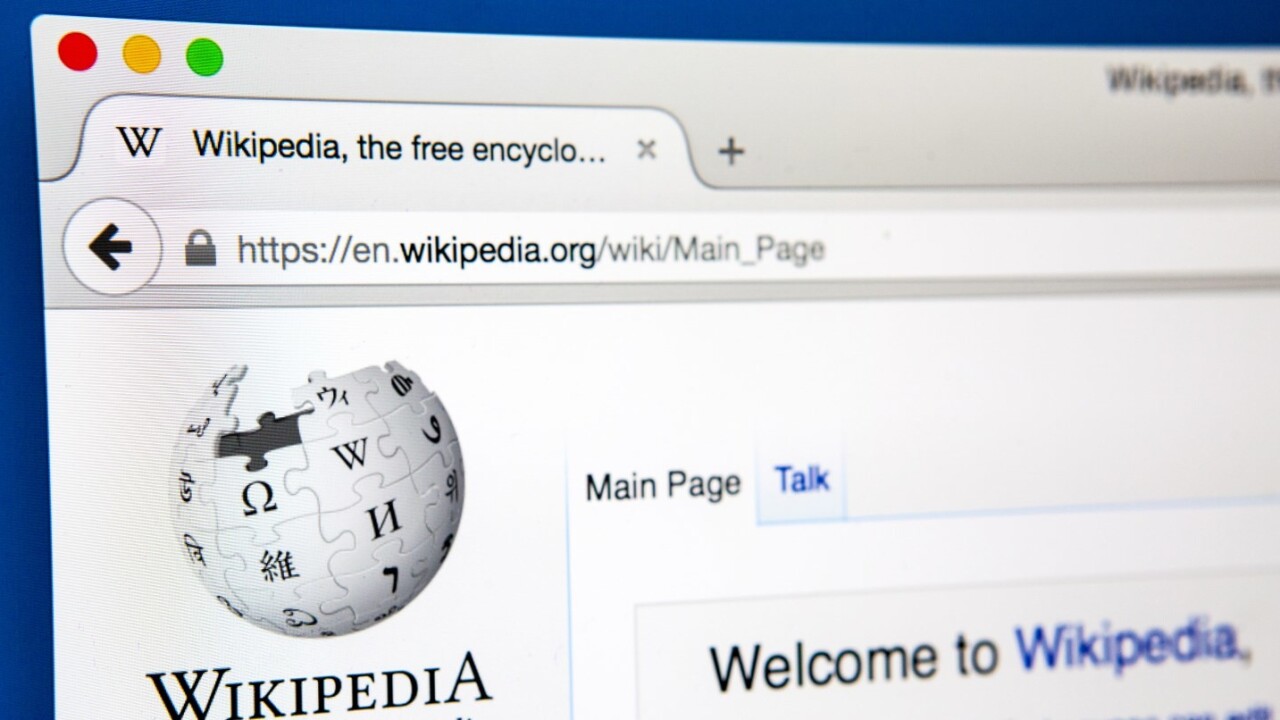
After weeks of investigation, volunteer editors who work on the English edition of Wikipedia blocked 381 user accounts for creating promotional posts, making changes to others and promising to ‘protect’ those articles in exchange for a fee.
210 additional articles related to businesses, notable people and artists were also removed. The articles were deleted on the basis that they “were generally promotional in nature, and often included biased or skewed information, unattributed material, and potential copyright violations.”
What’s interesting is that the edits made by these ‘sockpuppet’ accounts were similar to each other. This led the editors’ community to believe that a single group was behind them all.
The accounts in question followed a strange pattern:
- A fresh article’s draft is declined by the community, usually because of notability concerns or excessively promotional content.
- A ‘sockpuppet’ begins work on the article, usually based on the original contributor’s content, and develops it sufficiently for subsequent reviews.
- External contact is made with the article’s subject and/or the original draft/article’s creator. An offer is made to publish the article for a fee. The person making the contact will usually claim to be an experienced editor or administrator, often using the name of a genuine editor or administrator.
- Money is exchanged. The article is moved to ‘article space’, which means it’s ready for prime time. It will frequently be marked ‘reviewed’ by another ‘sockpuppet’.
- Later, the person who paid for the article is contacted again and advised that, for a specific monthly fee ($30 a month in some confirmed examples), the “editor” will continue to protect the article from vandalism and prevent its deletion, claiming they’d already been doing this for free anyway.
Wikipedia has a strong policy against undisclosed paid advocacy — the practice of accepting or charging money to promote external interests on Wikipedia without revealing their affiliation.
It violates the Wikimedia Foundation’s terms of use as it may represent a conflict of interest and could compromise the quality of content on the site.
The organization first introduced conflict of interest guidelines in 2004. In October 2013, it blocked hundreds of accounts related to Wiki-PR, a consulting firm that engaged in ‘sockpuppet’ edits.
Wikimedia says that not all paid editing is a violation of its policies though. Many museum and university employees from around the world edit by disclosing their official affiliations, and several prominent public relations firms have signed an agreement to abide by the organization’s paid editing guidelines.
The community remains vigilant and continues to keep an eye out for shady edits. You can follow the discussion here.
➤ Hundreds of “black hat” English Wikipedia accounts blocked following investigation [Wikimedia Blog]
Image credit: chrisdorney / Shutterstock.com
Get the TNW newsletter
Get the most important tech news in your inbox each week.





